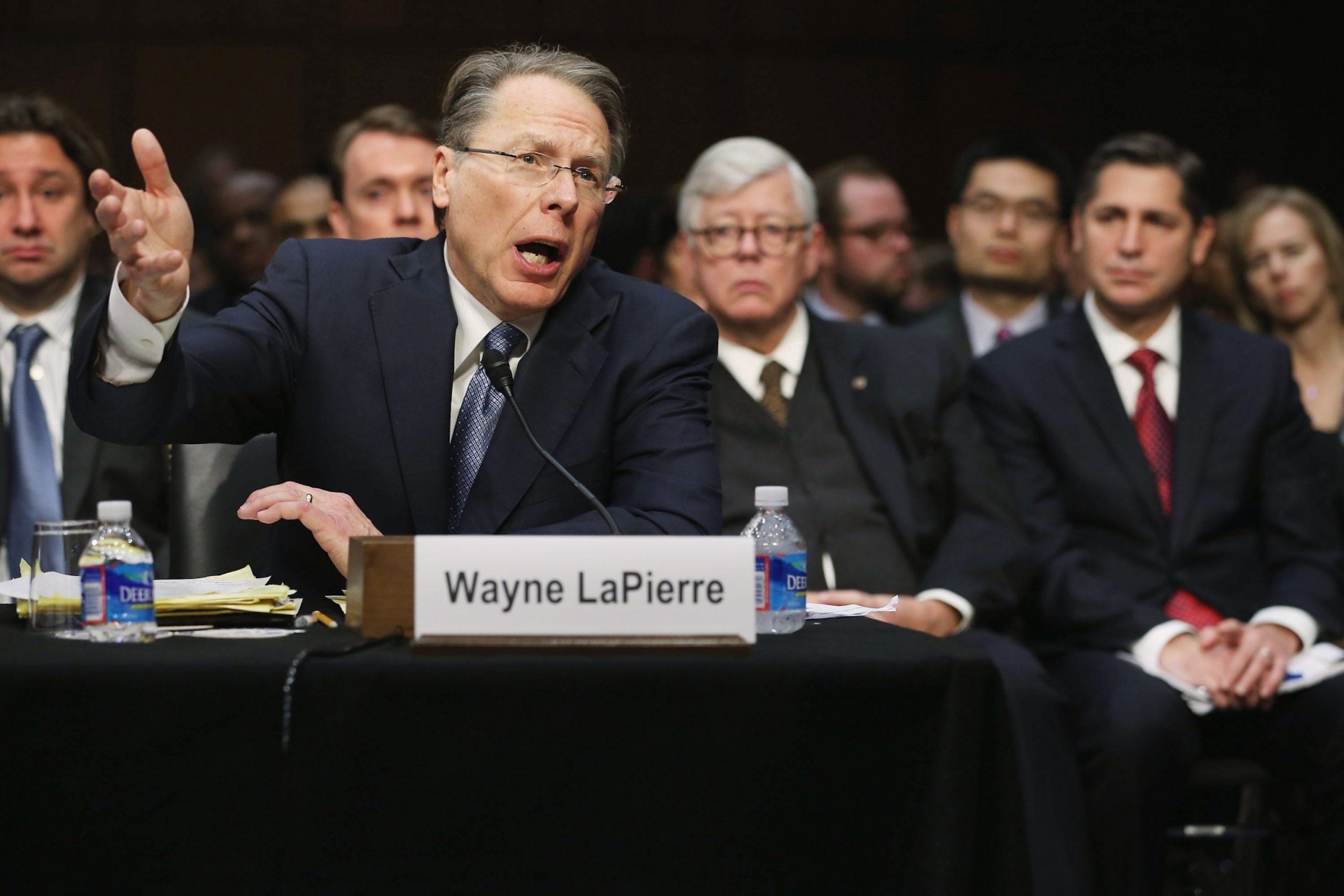Wayne LaPierre, the controversial figure and long-time leader of the National Rifle Association (NRA), has recently announced his resignation from the organization. This surprising move comes just days before he was set to face a civil corruption trial, adding further fuel to the already intense debate surrounding the NRA’s practices and influence.
LaPierre’s resignation marks the end of a 30-year tenure as the NRA’s chief executive, during which he became one of the most prominent and polarizing figures in American gun rights advocacy. Under his leadership, the NRA grew into a powerful lobbying force, defending the Second Amendment rights of millions of Americans. However, it also faced numerous allegations of financial mismanagement and corruption.
The civil corruption trial that LaPierre was due to face stems from a lawsuit filed by New York Attorney General Letitia James. The lawsuit accuses LaPierre and other top NRA officials of using millions of dollars from the organization’s funds for personal expenses, including luxury vacations, private jets, and expensive clothing. The trial was expected to shed light on these allegations and potentially have far-reaching consequences for the NRA’s future.
LaPierre’s resignation comes as a surprise to many, as he had previously shown no intention of stepping down despite mounting pressure from both within and outside the organization. His departure leaves the NRA at a critical crossroads, as it grapples with ongoing legal battles, financial troubles, and declining membership numbers.
Critics argue that LaPierre’s resignation is an attempt to avoid accountability and protect his legacy. They claim that his decision to step down just before the trial suggests a lack of confidence in his ability to defend himself against the allegations. Furthermore, they argue that this move is merely a strategic maneuver to protect the NRA’s reputation and influence in the face of mounting legal challenges.
Supporters of LaPierre, on the other hand, view his resignation as a necessary step towards restoring the NRA’s credibility. They argue that his departure will allow the organization to focus on addressing the allegations and implementing much-needed reforms. They hope that new leadership will be able to steer the NRA in a more transparent and accountable direction, regaining the trust of its members and the public.
Regardless of one’s stance on LaPierre, his resignation undoubtedly marks a significant turning point for the NRA. The organization now faces the daunting task of rebuilding its reputation and addressing the allegations of financial impropriety. It must also grapple with the broader debate surrounding gun control in America, as calls for stricter regulations continue to grow louder.
The outcome of the civil corruption trial will undoubtedly have far-reaching implications for both LaPierre and the NRA. If found guilty, LaPierre could face severe legal consequences, potentially tarnishing his legacy and further damaging the NRA’s reputation. On the other hand, if he is acquitted, it may provide a temporary reprieve for the organization, allowing it to regroup and refocus its efforts.
In conclusion, Wayne LaPierre’s resignation as the NRA’s chief executive just days before his civil corruption trial has sent shockwaves through the organization and the wider gun rights advocacy community. As the trial looms, the NRA finds itself at a critical juncture, with its future hanging in the balance. Only time will tell how this high-profile case will impact both LaPierre’s legacy and the NRA’s influence on American gun policy.



